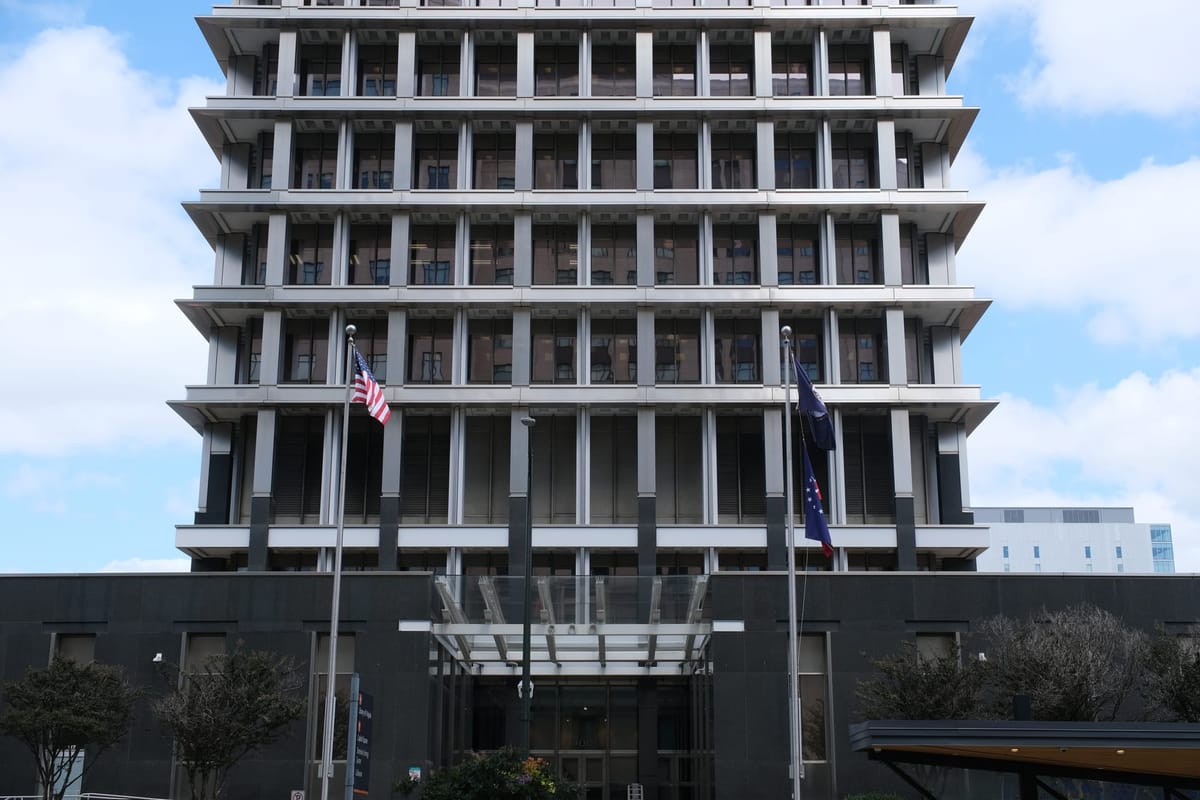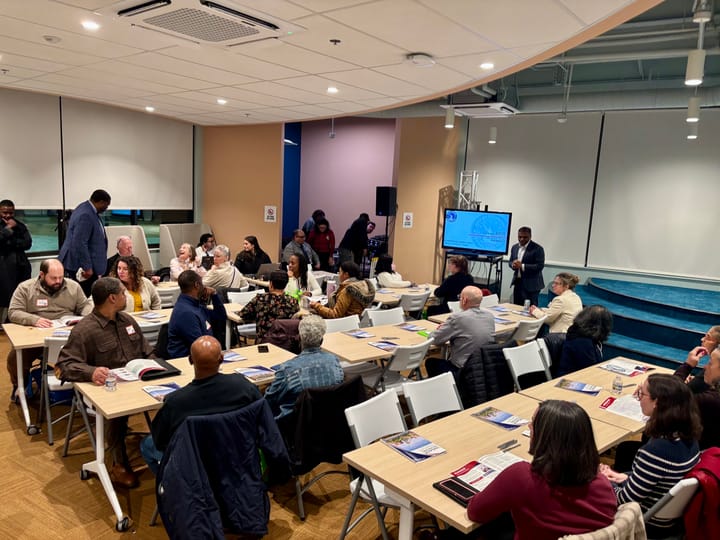
More than a third of required reports to City Council aren’t being filed, review finds
Each year, Richmond City Hall departments are supposed to file 27 reports to the City Council detailing various aspects of how the government is operating.
More than a third of those reports aren’t being filed on a regular basis, according to an ongoing review by Council staffers that’s been dubbed a “report on reports.”
The 10 missing reports include documents meant to keep the Council informed about the size of the city’s annual budget surplus, open data initiatives, real estate purchases by the city and progress updates showing whether economic development projects are or aren’t creating as much tax revenue as promised.
Council members don’t seem particularly alarmed by the numbers. However, a lack of information about city operations is a frequent Council complaint. The review showed that — even when the city has adopted official policy requiring information to be shared — the Council doesn’t always insist on receiving it.
When the Council overhauled its open data policy in 2017 to promote transparency, the ordinance included requirements for quarterly and yearly reports on how city data was being made more easily accessible to the public.
“This program is unstaffed,” the report on reports says. “No work or reports are being generated.”
During a committee meeting Wednesday, Council Policy Analyst Maria Garnett said all of the unsubmitted reports are “not necessarily a problem.”
In some cases, she said, there’s no report because nothing happened to report. For example, city code requires quarterly reports on applications for a 20-year-old public safety initiative that allows neighborhoods to seek more police resources to combat open-air drug markets and other drug activity. Those reports aren’t being filed, according to the Council review, because the city has received no applications.
In other situations, Garnett said, the Council receives the information in a slightly different way that’s “harder to track” than a formal report.
Garnett said the goal of the report on reports is work collaboratively with Mayor Danny Avula’s administration to get a better handle on what information the Council truly needs, how much time and efforts departments have to spend preparing various reports and how the process could be streamlined to be more efficient and useful for both sides.
“The core work of government is done and captured by those reports,” Garnett said. “And for that reason, there’s a lot of taxpayer money involved.”
Members of the Council’s Governmental Operations Committee said Wednesday that the exercise wasn’t meant to be accusatory toward the administration.
“There are maybe some times where this information was required based on an event or an issue. Are they still required?” asked Councilor Katherine Jordan (2nd District). “And then some maybe don’t really elicit a lot of conversation in the moment, but are a historical record that we will want to have.”
Adam Hohl, a senior policy advisor for the administration, said city departments have been helping Council staff with the effort to better understand what reports are required.
“Regarding some of the reports that have not been submitted as required, this — to be fully transparent — is not something we have shied away from,” Hohl said. “These are reports that we self-identified.”
It wasn’t immediately clear why some of the required reports aren’t being filed.
For some, the administration explained there was “no recent institutional memory” of the reporting requirement, according to Garnett.
“That means that folks who are in these roles and doing this work for a long time maybe haven't even heard of this report before or don't have recollection of being asked for the report,” Garnett said. “I think that speaks to the purpose of this whole exercise.”
Garnett’s presentation said the statutorily required progress updates on economic development projects aren’t being filed “due to complexity and data protection issues.”
For economic development projects that require Council approval, the city code says the Council is entitled to receive an “annual progress report concerning the actual revenues collected as a result of the city's expenditure of public funds and how such revenues exceeded, met or failed to meet the revenue projections and benchmarks.”
When asked to explain what data protection issues are impeding those reports, city spokesman Michael Hinkle said the reports have been "challenging to produce, namely due to necessary protections of taxpayer information.”
Economic development announcements often come with specific numbers about how much tax revenue a project is expected to create for the state and a host locality. But actual numbers for how much a company is paying in taxes are often treated as proprietary business information not suitable for public disclosure even when a project receives public incentives.
Hinkle said the city is continuing to explore ways to provide other measures of economic impact and reports with “big picture insights.”
The Richmonder is powered by your donations. For just $9.99 a month, you can join the 1,000+ donors who are keeping quality local journalism alive in Richmond.
At Wednesday’s meeting, Garnett acknowledged her initial findings may not be comprehensive and could shift as the review continues.
Over the next few months, the Council and administration are expected to continue working together to determine how the reporting process could be reformed.
The current situation “may not be ideal,” Hohl said, but the administration wants a “substantial dialogue” with the Council to figure out what reports the Council still wants and how they can be produced.
The Council staff has floated the possibility of creating a single website where all department reports could be published. The city clerk’s office already maintains an online repository for the yearly reports required to be filed by the dozens of advisory boards and commissions appointed by the Council.
“Any time you can centralize government publications — particularly in a way that is readable and accessible to the public — is always a good thing,” said Councilor Sarah Abubaker (4th District).
Contact Reporter Graham Moomaw at gmoomaw@richmonder.org






